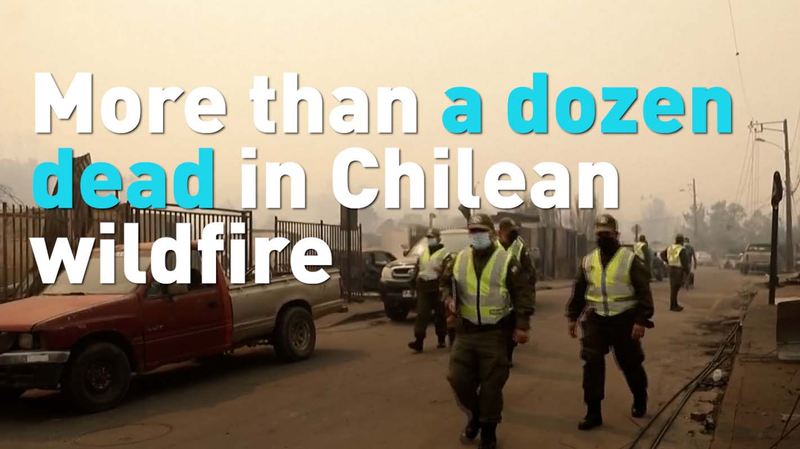A new study published in Science Advances warns that the Atlantic Meridional Overturning Circulation (AMOC), a critical system of ocean currents, may be closer to collapsing than previously anticipated. This potential shutdown could lead to significant global weather disruptions, including severe cold spells in Europe, altered rainfall patterns worldwide, and intensified heat in the Southern Hemisphere.
Research led by Rene van Westen, a climate scientist and oceanographer at Utrecht University, utilized advanced computer simulations to identify a \"cliff-like\" tipping point for the AMOC. While the complete collapse remains decades away, the timeline might be shorter than once thought, possibly occurring within the next century.
An AMOC collapse would have profound impacts on the global climate. Northwestern Europe could experience temperature drops of up to 15 degrees Celsius (27 degrees Fahrenheit), Arctic ice could extend much farther south, and the Southern Hemisphere might face increased heat. Additionally, global rainfall patterns would shift, disrupting ecosystems like the Amazon rainforest and potentially leading to worldwide food and water shortages.
Van Westen emphasized that the likelihood of a collapse depends on the rate of human-induced climate change. “We are moving closer to a tipping point,” he stated, highlighting the urgent need for climate action. While the United Nations' Intergovernmental Panel on Climate Change (IPCC) maintains medium confidence that the AMOC will not collapse before 2100, this new study challenges that perspective.
Experts like Stefan Rahmstorf from the Potsdam Institute for Climate Research and University of Exeter climate scientist Tim Lenton have expressed increased concern following the study's findings. They warn that an abrupt and severe climate shift would be nearly impossible to adapt to in many regions.
The AMOC plays a vital role in regulating Earth's temperature by redistributing heat and absorbing carbon dioxide. Its slowdown has been observed, but the possibility of a complete shutdown underscores the critical need for global efforts to mitigate climate change and preserve this essential oceanic system.
Reference(s):
Ocean system that moves heat gets closer to collapse, could cause weather chaos
cgtn.com




